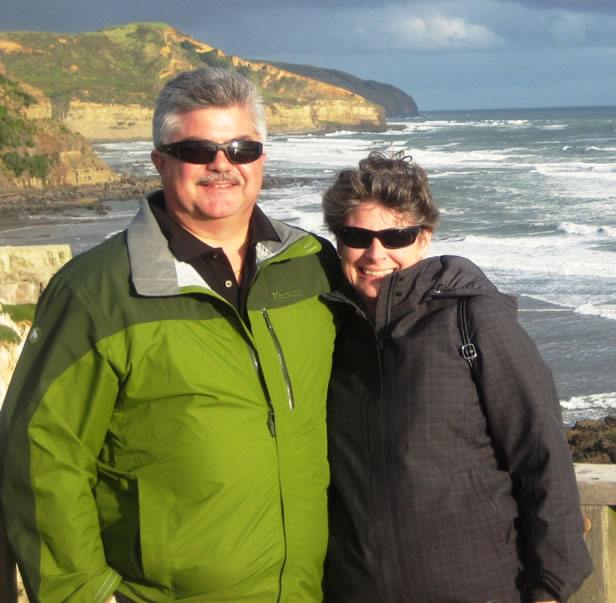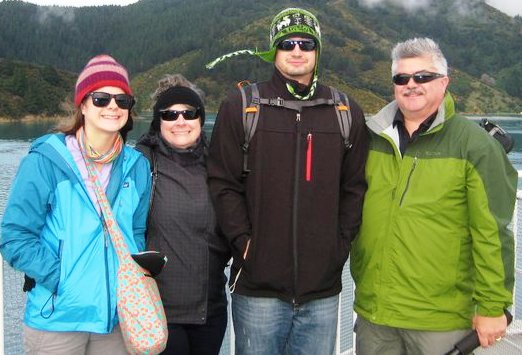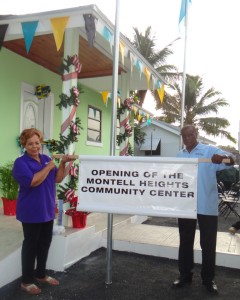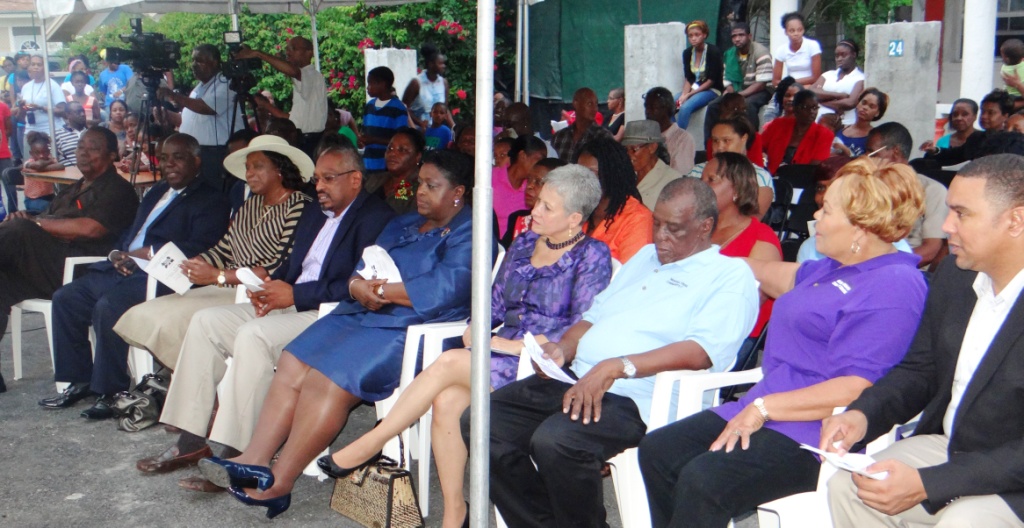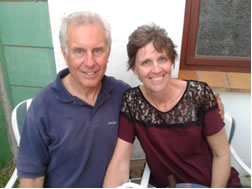Dear Brothers and Sisters in Christ,
 Jesus told his disciples to pray, “your kingdom come” (Matthew 6:10). But what is that kingdom? And when and how will it come?
Jesus told his disciples to pray, “your kingdom come” (Matthew 6:10). But what is that kingdom? And when and how will it come?
Noting the rather mysterious nature of the kingdom (Matthew 13:11), Jesus gave his disciples homespun illustrations to help them understand. He would say, “The kingdom is like….,” then offer analogies like a mustard seed that starts small, a man who finds hidden treasure in a field, a farmer who sows seed, or a merchant who sells his entire inventory to buy a pearl of great price.
Through such analogies, Jesus sought to help his disciples understand that the kingdom of God is “not of this world” (John 18:36). Yet, they continued to misunderstand, expecting Jesus to lead their occupied nation into a worldly kingdom that would give them political freedom, power and prestige.
 Many of Jesus’ followers have continued to misunderstand, including our own denomination. Perhaps you will remember our former booklet on the kingdom, published in 1972. It was entitled, “Just What Do You Mean…Kingdom of God?” Though it contained a few kernels of truth, it entirely missed very important ones. It erroneously stated that the kingdom is an event that pertains more to the future than to the present. In sermons based on that wrong premise, we’d speak of a “soon-coming kingdom.” Our mistaken understanding resulted from poor exegesis and confused interpretations of Scripture. Though we did not intentionally seek to diminish the triumph of Christ’s birth, life, death, resurrection and ascension, our misunderstanding of the kingdom of God did just that.
Many of Jesus’ followers have continued to misunderstand, including our own denomination. Perhaps you will remember our former booklet on the kingdom, published in 1972. It was entitled, “Just What Do You Mean…Kingdom of God?” Though it contained a few kernels of truth, it entirely missed very important ones. It erroneously stated that the kingdom is an event that pertains more to the future than to the present. In sermons based on that wrong premise, we’d speak of a “soon-coming kingdom.” Our mistaken understanding resulted from poor exegesis and confused interpretations of Scripture. Though we did not intentionally seek to diminish the triumph of Christ’s birth, life, death, resurrection and ascension, our misunderstanding of the kingdom of God did just that.
Like a three-stage rocket
Though no single illustration perfectly captures the full scope of the kingdom of God, there is one that might be helpful in our modern context: The kingdom of God is like a three-stage rocket. The first two stages pertain to the present reality of the kingdom and the third to its future fullness.
Stage 1: Launch
The first stage was the “launch” of the kingdom into our world through the Word of God becoming flesh in the person of Jesus Christ. Being fully God and fully human, Jesus brings the kingdom of God to us. As the King of kings, wherever Jesus is, the kingdom is present.
Stage 2: Present reality
The second stage began with what Jesus accomplished through his death, resurrection, ascension and the sending of the Spirit. Though he no longer dwells among us physically, Jesus dwells within us by the Spirit, knitting us together as one. The kingdom of God is now present—it has broken into all of creation. Thus no matter which country is our earthly home, our citizenship is in heaven, for we live now under the sovereign reign and rule (kingdom) of God.
Those who follow Jesus come under that reign and rule. When Jesus taught his disciples to pray, “your kingdom come, your will be done on earth as it is in heaven” (Matthew 6:10), he was instructing them to pray concerning both the here and now as well as the future aspects of the kingdom. As followers of Jesus we are called to bear witness to our citizenship in a kingdom that already is present. We are not to think of the kingdom as only something in the future. As citizens of the kingdom here and now, we are about our Father’s business, doing his kingdom work now. That work includes caring for the poor and needy and faithfully stewarding God’s creation. Through such works of kingdom righteousness, we share in the ongoing mission of Jesus, demonstrating the character of his present kingdom rule and reign.
Stage 3: Future fullness
The third stage of the kingdom is yet future. It will occur when Jesus returns in glory to usher in a new heaven and new earth.
At that time, God will be known by all and will be seen to be who he truly is—“all in all” (1 Corinthians 15:28). We have now the sure hope that at that time, everything will be put right. It is encouraging for us to dream and imagine what that will be like, although we remember Paul’s words that no mind is able to fully conceive of it (1 Corinthians 2:9).
As we dream of the kingdom’s third stage, let’s not forget the first two. Though having a future aspect, the kingdom is here now. Because that is so, we are called to live accordingly, to share with others the good news (gospel) of Jesus the King, and of his present and future reign in the kingdom of God.
In this issue of GCI Weekly Update, we are publishing part one of a six-part series that examines the biblical testimony concerning the kingdom of God. I think you’ll find this series, written by Gary Deddo, to be stimulating and eye-opening.
Your brother in Christ,
__________________
PS: I spoke recently with Paul Young, author of The Shack. He agreed to be a guest speaker at our GenMin Converge conference in 2015 (there will be one conference that year and it probably will be held in Columbus, Ohio). Note that registration is now open for the 2014 Converge conference being held in two locations: Southern California and Ohio (for information, go to genmin.gci.org/).
Paul also told me of plans to film a movied based on The Shack. Forrest Whittaker has signed to write, direct and star in it. This involvement shows how important the film is to him. You can learn more about the film at variety.com/2014/film/news/forest-whitaker-lionsgates-the-shack-1201078223/.


